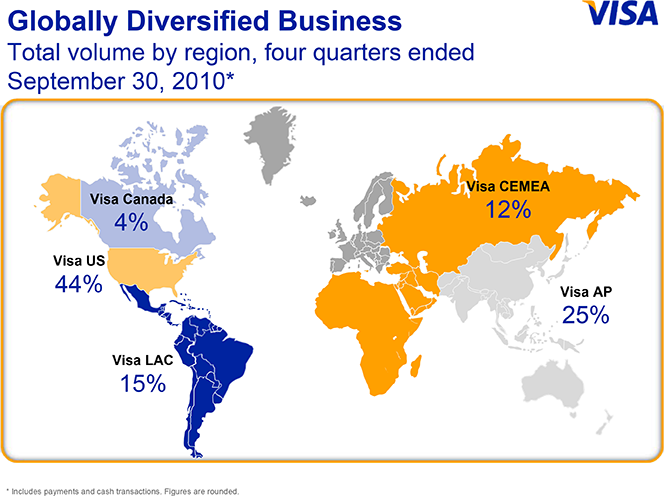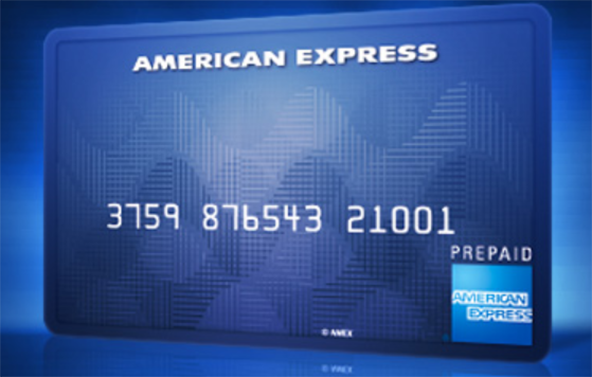U.S.-Based vs. Offshore Merchant Account

At UniBul, the first thing we do when we receive a qualified merchant account inquiry from a U.S.-based business is to determine whether the applicant could be placed with a domestic acquiring bank or an offshore one is required. Our preference is to find a domestic solution, whenever possible, and that is what we initially focus our efforts on. Only if we fail to find one, we look for offshore options.
But why would a merchant turned down by an American acquiring bank be found acceptable by, say, a European acquirer? Aren’t all acquiring banks subject to the same Visa and MasterCard rules, wherever they may be located? And how is a domestic merchant account different from an offshore one? Well, as these are some of the most frequently asked questions I have to field, I thought I’d help my cause by answering them in a blog post, so in future I can simply refer people to it.
A Divided World
So how can a merchant be approved by an acquiring bank in Europe, but not by one in the U.S.? Well, the biggest reason is that underwriters in different parts of the world follow different guidelines. Both Visa and MasterCard have segmented their worldwide operations into several regions, each of which has set out its own rules. Here is, for example, a map of Visa’s regions of operation, with their share of the brand’s global processing volume.

Such segmentation means that each of these regions gets to decide whether or not its members can underwrite a particular industry type and under what conditions. So a line of business that would be black-listed in the U.S. may be just fine in Europe or Asia. Moreover, interchange rates may also vary from one region to another and you will find, for example, that European rates are lower than the ones in the U.S.
U.S.-Based vs. Offshore Merchant Account
The best payment processing option for a U.S.-based business would be a domestic merchant account, if it could get it. Here is why:
- Application process. Setting up a U.S.-based merchant account is a much more straightforward process. You are asked to provide less paperwork and when you do, the review is completed much more quickly. Whereas a domestic underwriter would give you its decision within a couple of days or so, an offshore one could take several weeks to do so (many of them would tell you that they move more quickly, but I haven’t seen that).
- Offshore incorporation. Often, though not always, an offshore underwriter will ask you to incorporate in its own jurisdiction, even though your business is already incorporated in the U.S. Typically, they will handle the whole process, but you would still have to pay the registration fees, which can range between $1,000-$2,500 (I guess it is possible for someone to charge more, but I haven’t seen it).
- Pricing terms. Offshore acquirers charge much higher processing rates than domestic ones, for a couple of reasons. The biggest one is that you operate in a high-risk industry, which has prevented you from opening up a merchant account in your own country in the first place. The fact that foreign acquirers can work with you because local rules allow it doesn’t change your risk classification and they will take it into consideration. Furthermore, offshore acquirers know that they can get away with charging you premium rates, because you cannot obtain a U.S.-based merchant account. Yes, they are taking advantage of the situation, but there is not much we can do about that.
- Account set-up. It is not unusual for the technical set-up of your offshore merchant account to take several days or even weeks. Now, technical issues regularly occur with domestic acquirers as well, but in my experience they happen much less frequently and communication is typically better, not least because the time difference is not an issue.
- Payout terms. A domestic acquirer would typically direct deposit your money into your bank account at no charge for you on the day following the settlement. An offshore acquirer, on the other hand, would wire transfer the money into your bank account and charge you $30-$100 per transfer. Moreover, wire transfers are usually done on a weekly or bi-weekly basis (or even monthly). Most acquirers would agree to daily payouts, but only if your volumes are high enough to justify it.
- Account monitoring. As your business is classified as high-risk, your merchant account would be closely monitored, whoever your acquirer may be. However, in my experience at least, offshore acquirers can be much more demanding than their U.S.-based counterparts. Still, as long as you follow the rules and keep all relevant transaction documentation readily available, so that you could quickly provide it when requested, you will be in good shape. Moreover, as you build your track record, your acquirer will gradually relax and will give you more breathing room.
I would also add to that list the better customer support typically provided by U.S. acquirers, but many offshore acquirers have been doing a much better job in that regard as of late.
The Takeaway
Now, whether or not offshore merchant account solutions can favorably compare to domestic ones—and they usually cannot—the fact is that for many merchants they represent the only available option. Yet, the best offshore acquirers are very good at what they do and will provide great service. Moreover, as you build your processing history over time, eventually you may be able to use it to apply with a U.S.-based acquirer and cut your processing costs.
Image credit: Dedagroup.it.


